Ginny & Georgia: 5 Ways Wellsbury Is A Good Place To Live (& 5 It's Not)
The first season of Netflix's latest hit original series, Ginny & Georgia, revolves around the titular characters' arrival in Wellsbury. The Miller family is used to moving around a lot, but it seems that they're finally going to settle down in this new suburban place. The fictional town is located in Massachusetts and has the look of an upper-class suburb with the feel of a small town.
Apprehensive at first, Ginny soon comes to see the bright side of living in Wellsbury. For the first time, she finds that people like her and want to be her friend. However, this also makes her feel like she has to change to be liked. Nevertheless, she describes Wellsbury as a progressive utopia, while Austin calls it weird, and Georgia's on her way to taking it over.
10 GOOD: Community
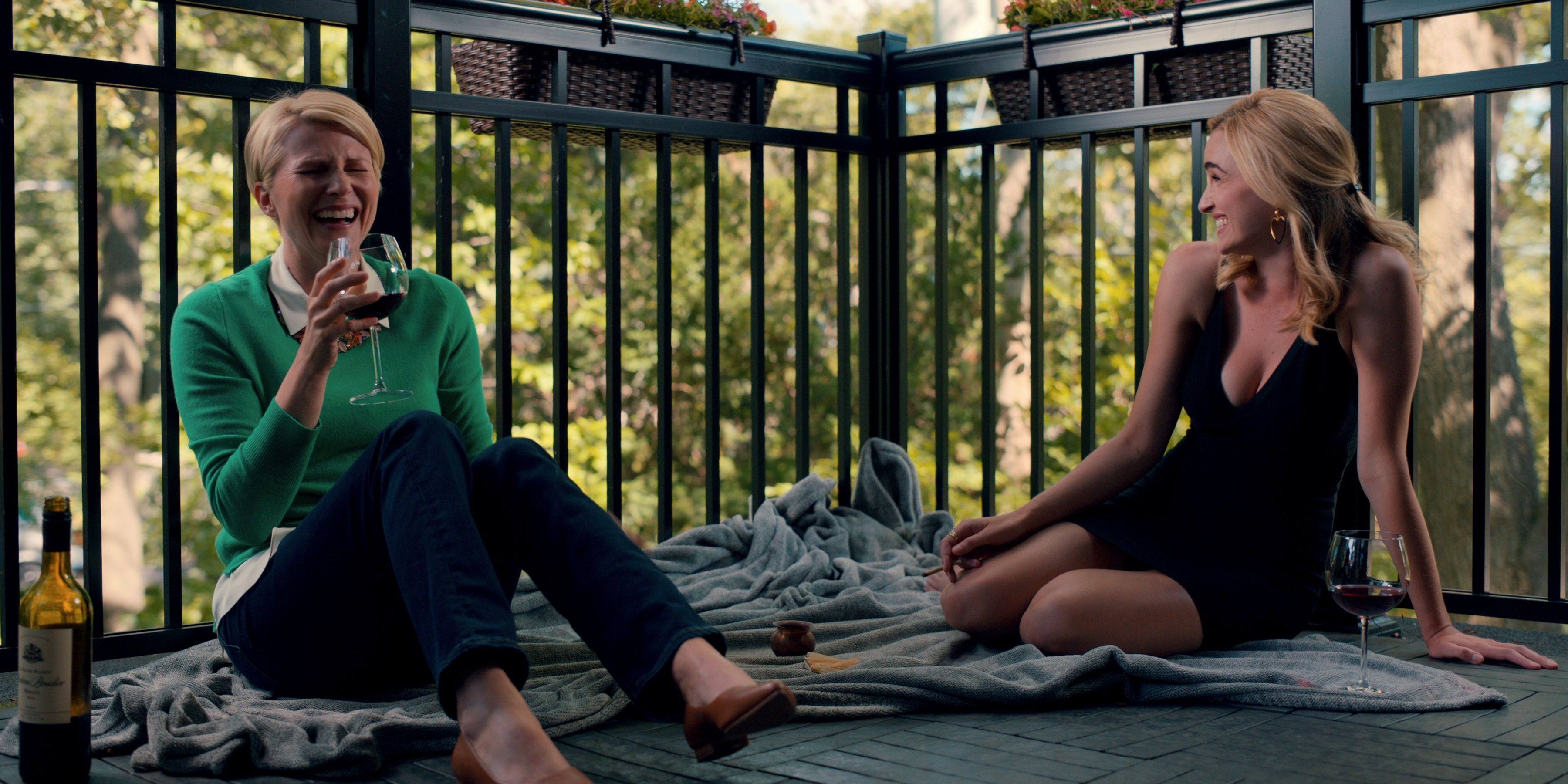
From the moment the Millers arrive in Wellsbury, they feel that this place is different. The town feels full of opportunity, and Ginny and Georgia feel welcomed. Ginny admires the pleasant scenery and the citizens going about their days, walking their dogs, skating, sipping coffees at Blue Farm, or window shopping.
Georgia is first to discover how neighborly everyone is when Ellen immediately pops over and brings cookies for the Millers. The two women quickly become friends and spend a lot of time together talking about motherhood. The community spirit is also palpable at events like the Halloween fair, Battle of the Bands, Sing, Sing, Sophomore Sleepover, and anytime at Blue Farm.
9 BAD: Entitlement
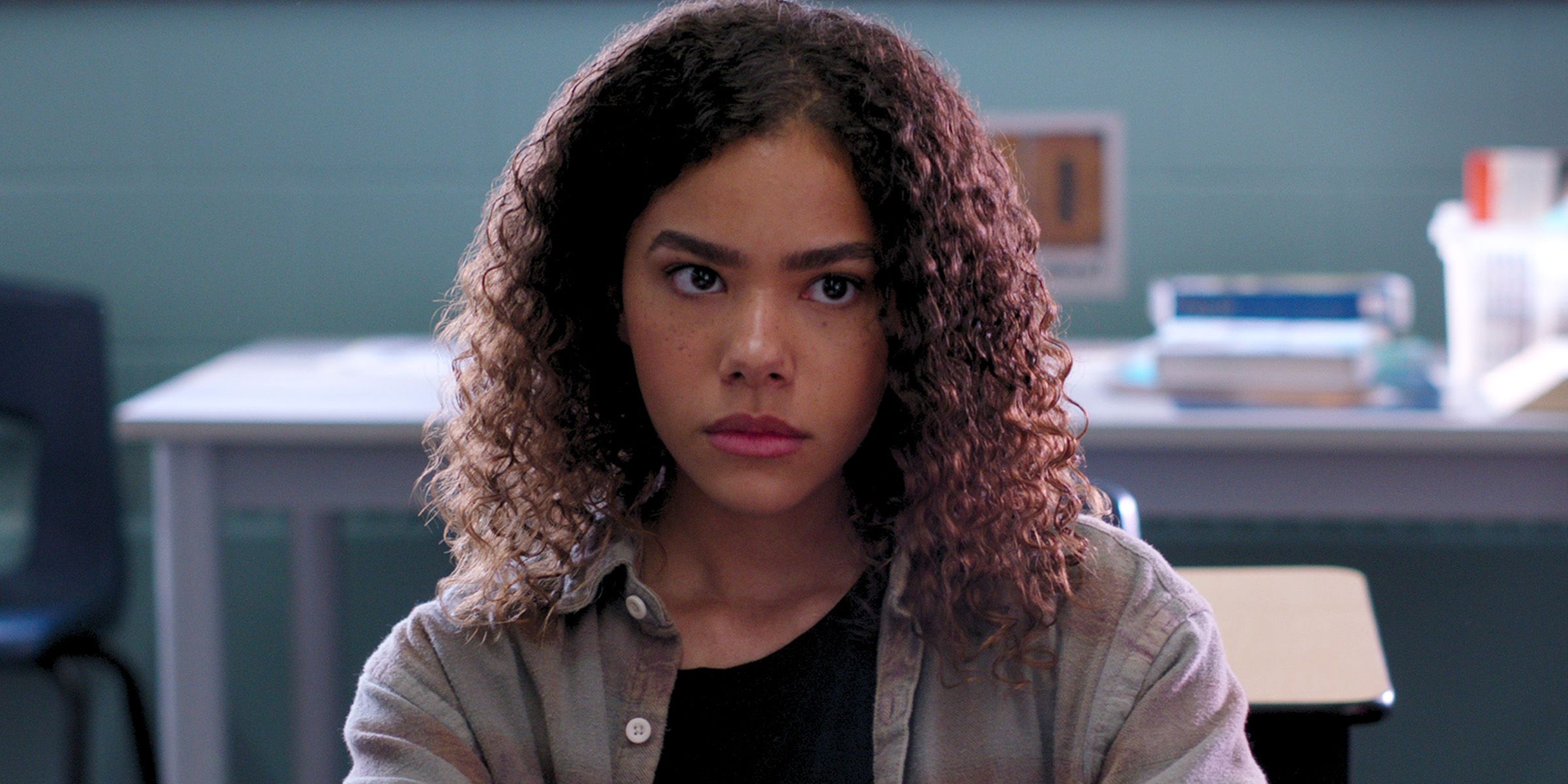
A community can be good, but in Wellsbury, everyone seems to think they can just do whatever they want whenever they want. Ginny is exposed to this first when Marcus climbs through her window. She tells him what she's seen of Wellsbury's ubiquitous entitlement: "Nothing in this town makes sense; everyone just kisses everyone, and that's just fine, apparently ..."
Perhaps because Marcus is used to the small-town feel of Wellsbury, he thinks it's okay to break into Ginny's room whenever he wants and look through her stuff without asking. Similarly, Max believes it's her right to ask Ginny extremely personal questions at their first meeting. She also uses Ginny's problems to her own advantage in Gitten's class.
8 GOOD: Pleasant Environment

From the get-go, Wellsbury looks like a nice, pleasant place to live. As Ginny and Georgia roll into the town for the first time, they admire the peaceful, hip surroundings.
The streets are lined with trees, they're spacious, people can walk their dogs in the park, and shop windows display pretty things for sale. Most of the time, the weather is sunny, which is good for things like skateboarding or stealing neighbors' motorbikes.
7 BAD: Clear Social Divide
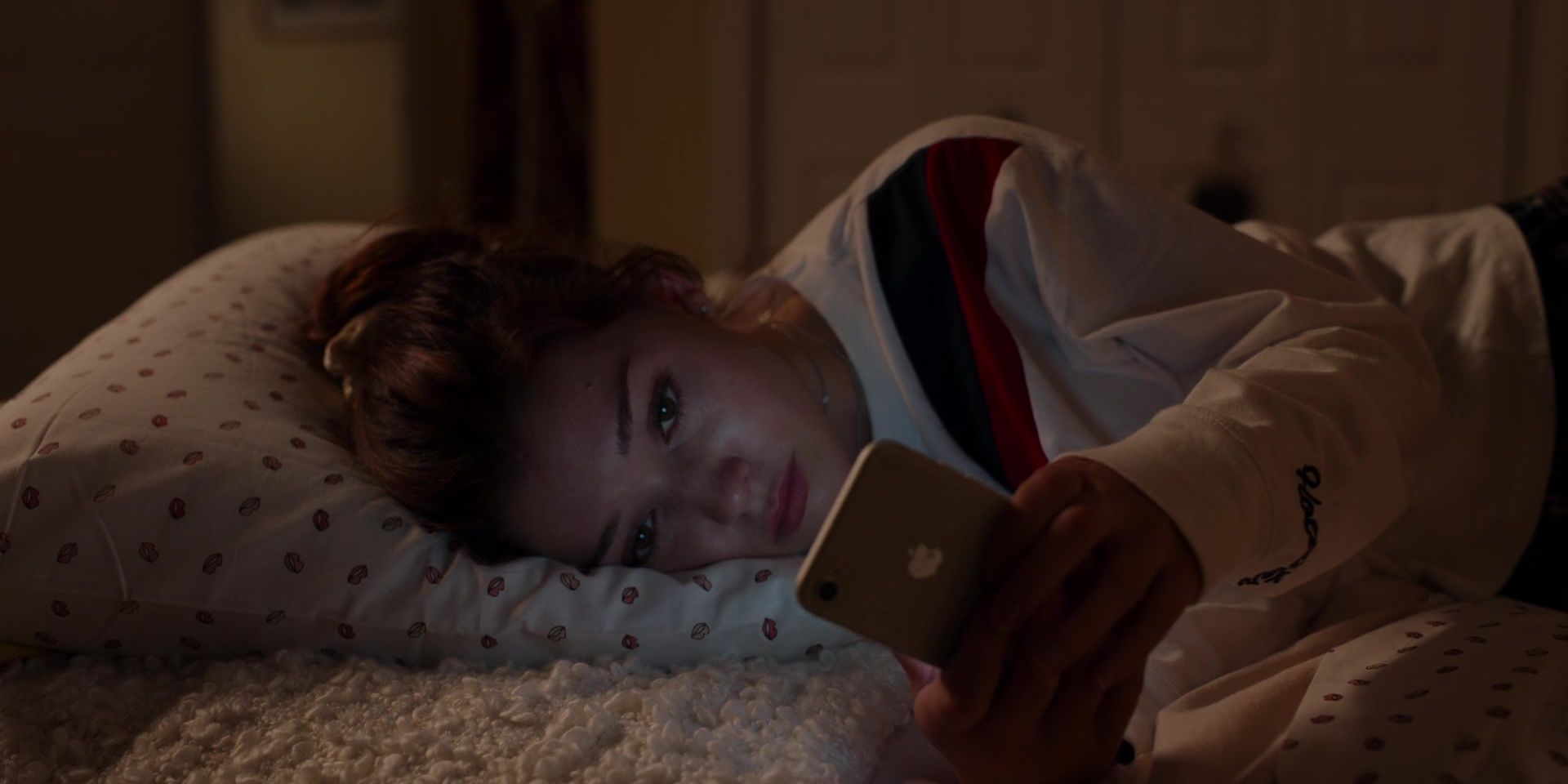
Wellsbury seems like it's only really meant for people of the upper class, which is probably why Ginny and Georgia's arrival causes so many ripples. They don't fit in and they aren't used to the way things work in this town.
Ginny is looked down upon by people like Mr. Gitten and Abby and treated as an exotic attraction by people like Maxine. Georgia, on the other hand, finds herself judged by the other moms, mostly about her appearance, clothing, and her age. Neither is treated very well, and Austin is bullied at school. All three Millers, being the outsiders, feel they can't be themselves if they want to fit in.
6 GOOD: The School Is Progressive
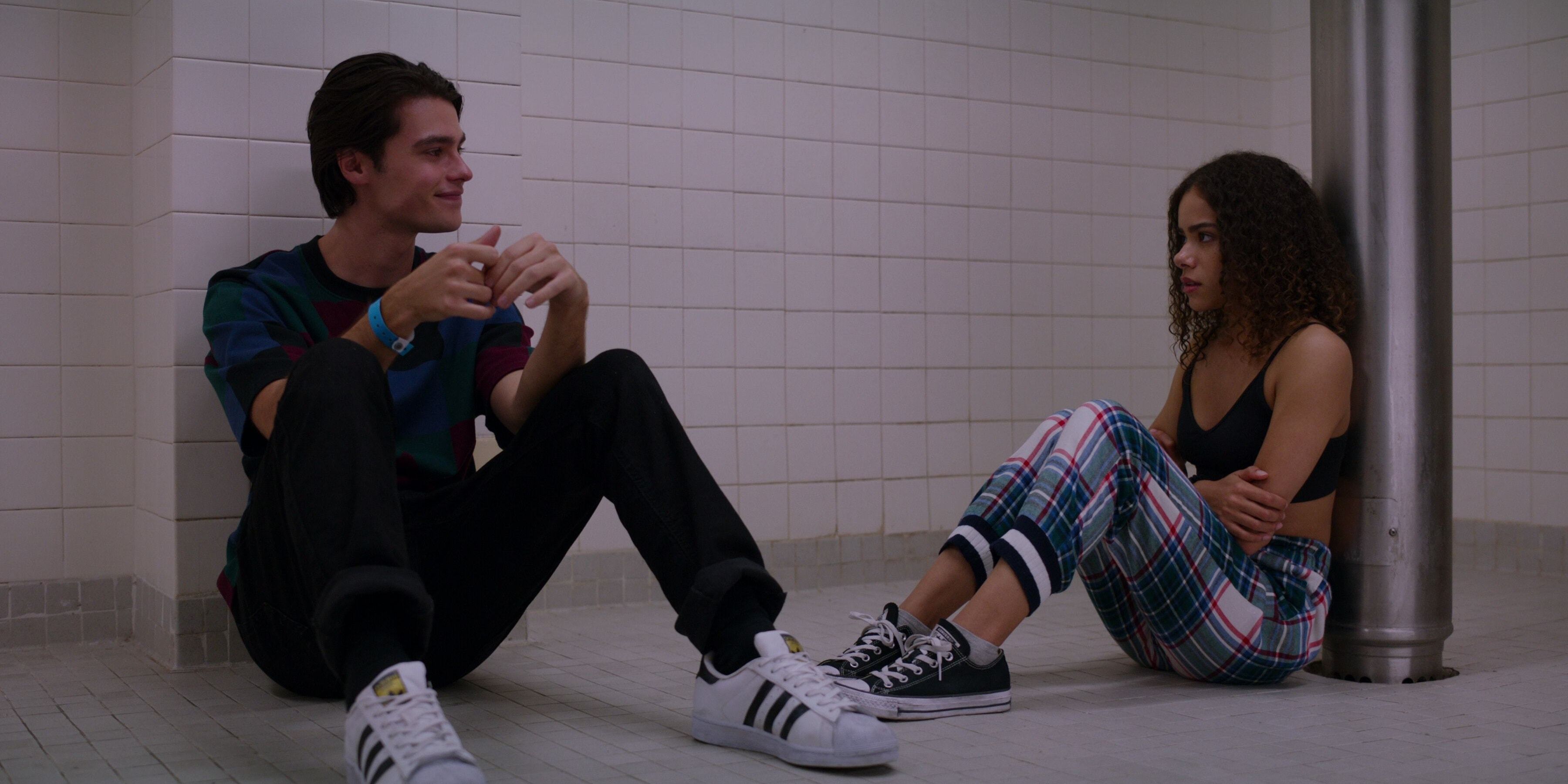
In her essay, Ginny describes Wellsbury as a "progressive utopia", which amuses Zion. He later repeats the phrase to tease her. Compared to her previous place of residence in Texas, Ginny finds Wellsbury to be more welcoming and promising.
When Ginny and Marcus run into each other in the school's gender-neutral bathrooms, she counters his low opinion of Wellsbury by saying, "This is the first place I've lived where it's cool to be smart, and they want to succeed." The school seems to be a safe place for everyone in that teens aren't teased for things like their clothes, sexualities, or even tap dancing in the hallways.
5 BAD: Performative Inclusivity
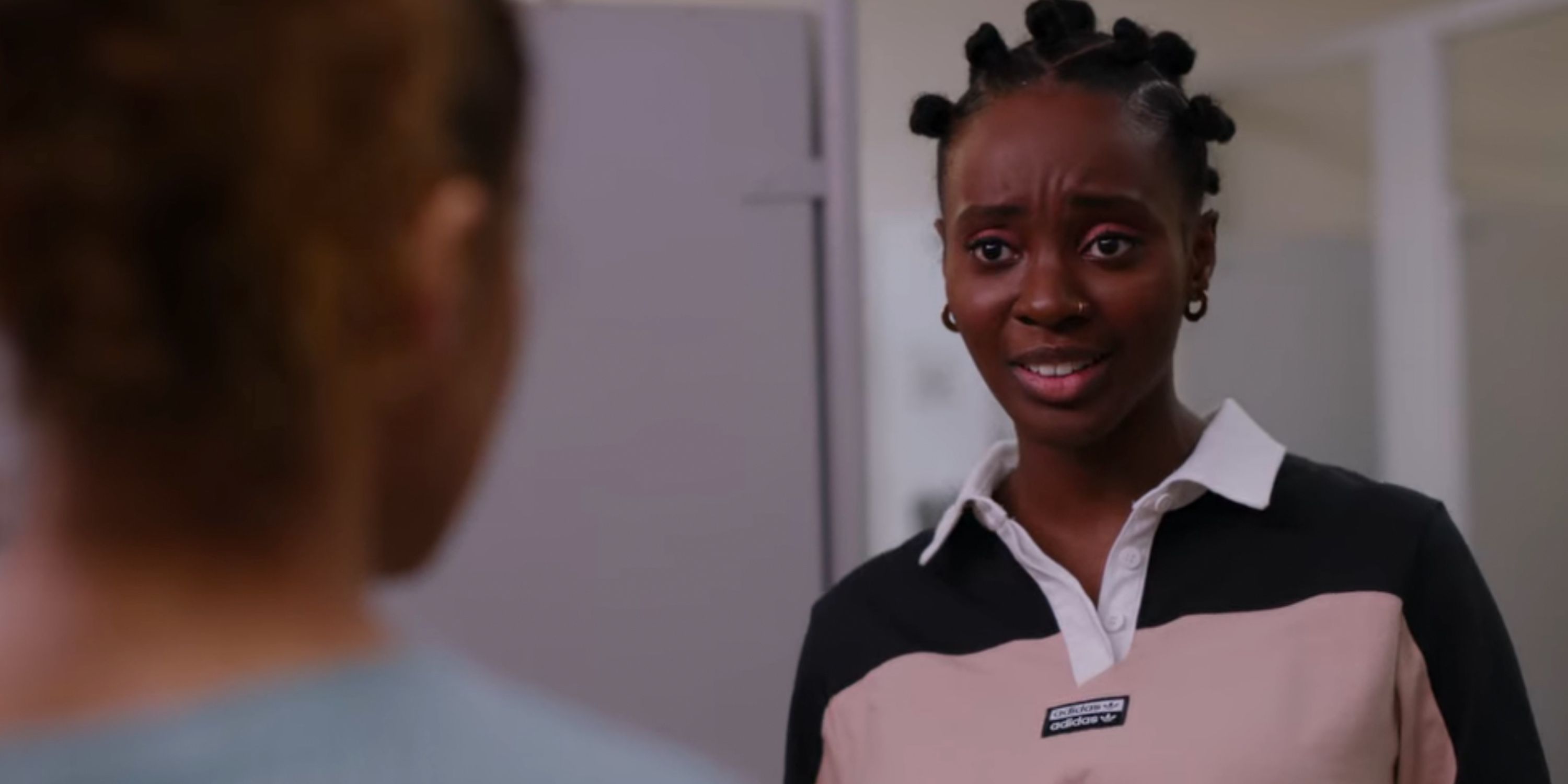
The school may have gender-neutral bathrooms, but in other ways, it's conservative and old-fashioned. Mr. Gitten embodies this attitude, often singling Ginny out and unnecessarily bringing up her cultural background. Bracia reveals that she experienced something similar in his class the previous year.
Ginny is shut down when she brings up her concerns with the reading material, like the fact that almost all of the authors are male, and the single Black writer is only included for Black History Month. In the first episode, Max supports Ginny but uses the opportunity for her own benefit. In the last episode, after their spat, Max leaves Ginny on her own, which proves she doesn't actually care about the issues Ginny has to face as a biracial woman, and one of the school's only Black students.
4 GOOD: Welcoming & Inviting

In most cases, the new kid is typically excluded and left on the sidelines. Austin experiences this, to an extent, but not Ginny. She's probably used to being the new kid by now, but at Wellsbury, she's instantly accepted by her peers and even welcomed into a clique.
She becomes popular before anyone even knows who she is, and before she knows it, she's getting invitations from multiple social groups. Everyone wants to know her and Georgia, maybe because they're so different from Wellsbury's usual. But before they even meet their neighbors, Ginny knows she's going to like Wellsbury from the moment she lays eyes on it.
3 BAD: Every Person For Themselves
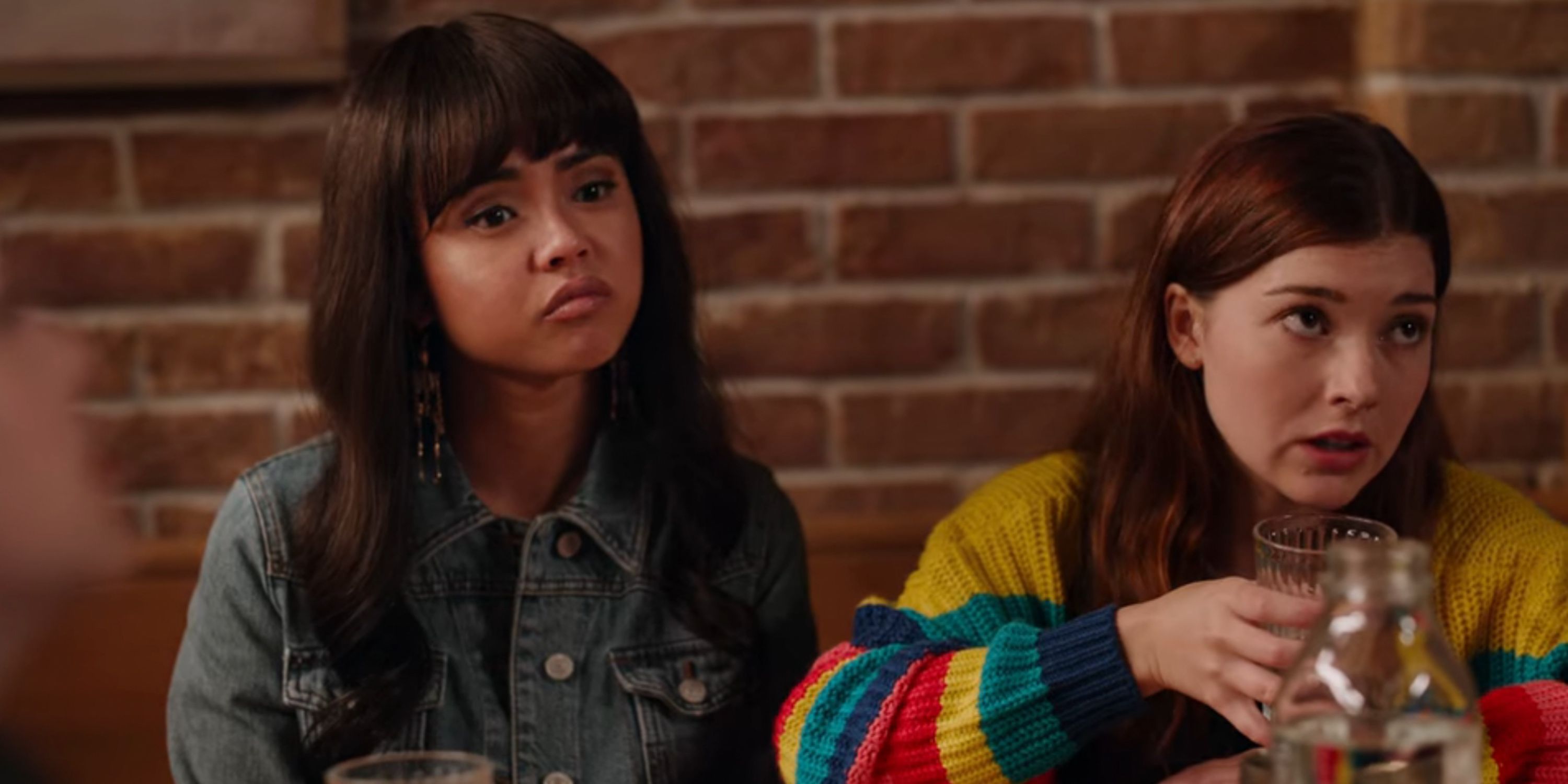
Everyone in Wellsbury seems to have their own agenda. Georgia discovers this to be true in the mayor's office and when she gets to know Cynthia. Ginny finds that nobody is who they pretend to be when Abby and Norah throw her under the bus for stealing, then show up at her house the next day with makeup but no real apology.
Georgia is already disillusioned and knows she has to fight for her place in Wellsbury, as Ginny does in her classes. At the end of the series, she sees she's on her own when nobody comes to her defense in Gitten's class, when she loses to Hunter in the essay contest, and when nobody saves her and Austin from Georgia. When she tells Marcus that people want others to succeed in Wellsbury, he argues that they want people to fit into boxes. Ginny's evolution over the season proves his point.
2 GOOD: Small Town Vibes Near Boston
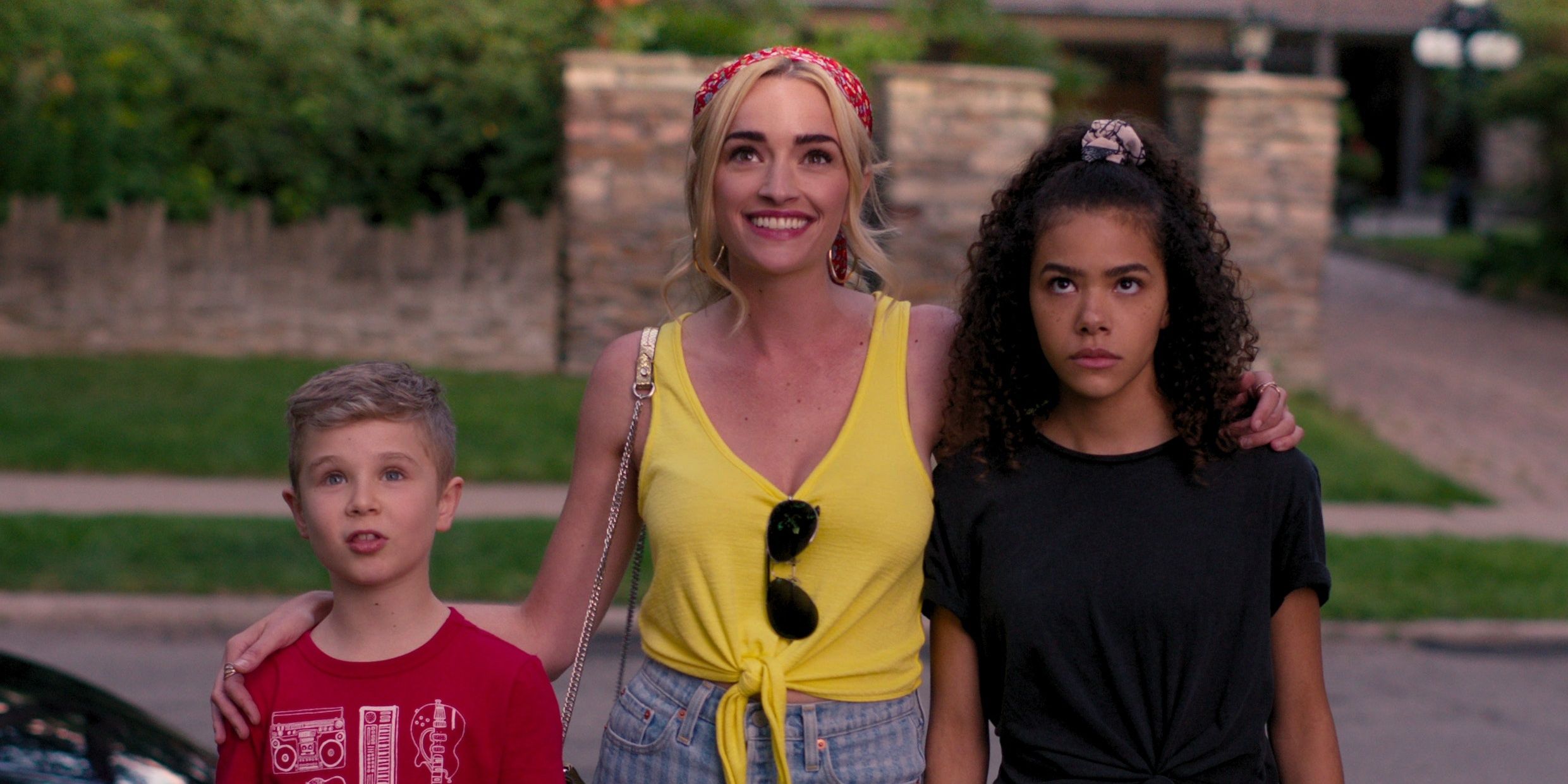
Wellsbury has the feel of a cozy small town with its pretty vistas and neighborly familiarity, but it's close to Boston. Zion decides to move there so he can stay close to Ginny, and at the end of the season, she hops on Marcus's bike with Austin presumably to find him.
When Zion is still in Wellsbury, he takes Ginny to a slam poetry reading in Boston. They were only gone a couple of hours, traveling to and fro on his motorbike. Ginny seems excited by the cultural hub of the city, but she also loves that Wellsbury is so easy to navigate. She can pop over to Max's at any time, which is great for Georgia and Ellen's friendship, too.
1 BAD: Exclusive

MANG represents Wellsbury's exclusiveness. As Samantha says, they can be very "clique-y". Having a name for their clique already signifies their exclusivity, as does the implication that there's only room for four. Ginny goes so far as to exclude Samantha from their Halloween plans, but when she finds herself on the outside, she asks Samantha for advice.
Even looking at the streets of Wellsbury, one can see that it's a wealthy town for privileged people. This is reflected in the school's student body. Georgia soon finds that the moms are just as exclusive as the teens - but of course, the children have to get it from somewhere.
from ScreenRant - Feed https://ift.tt/3e8dfuN
via Whole story

Post a Comment